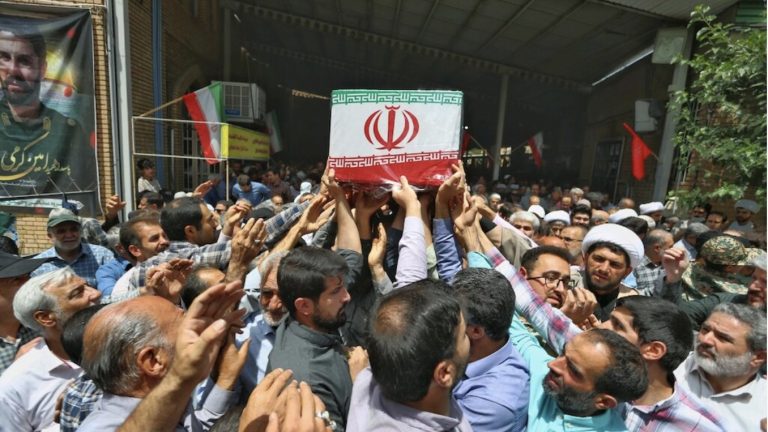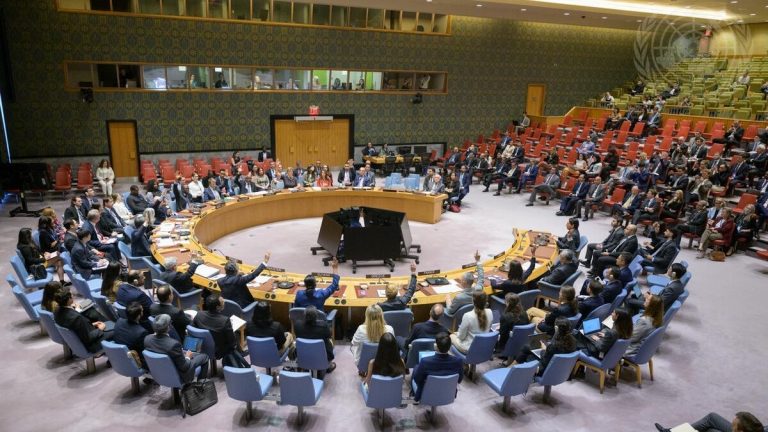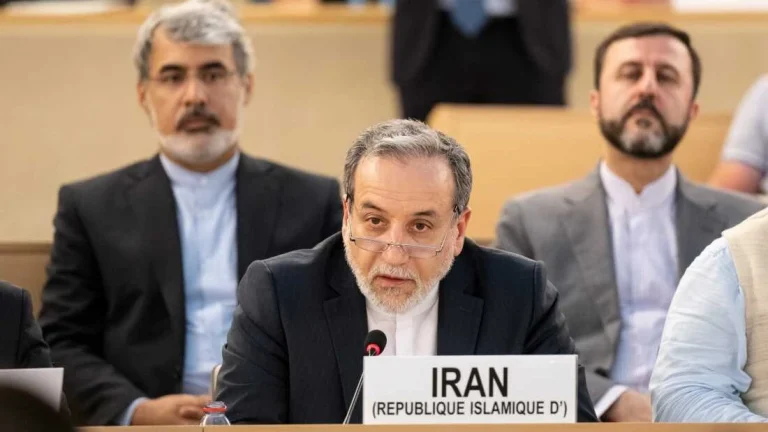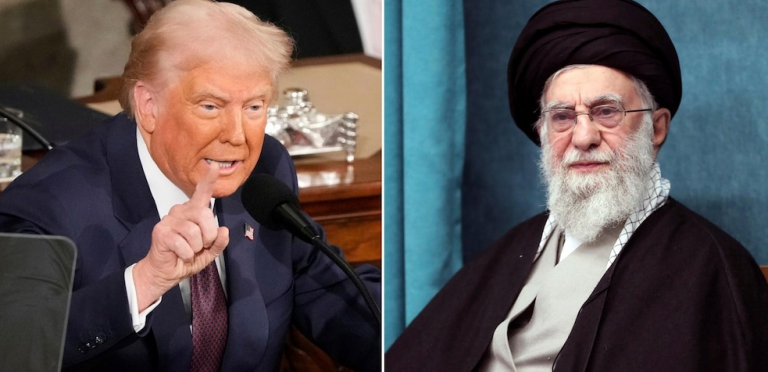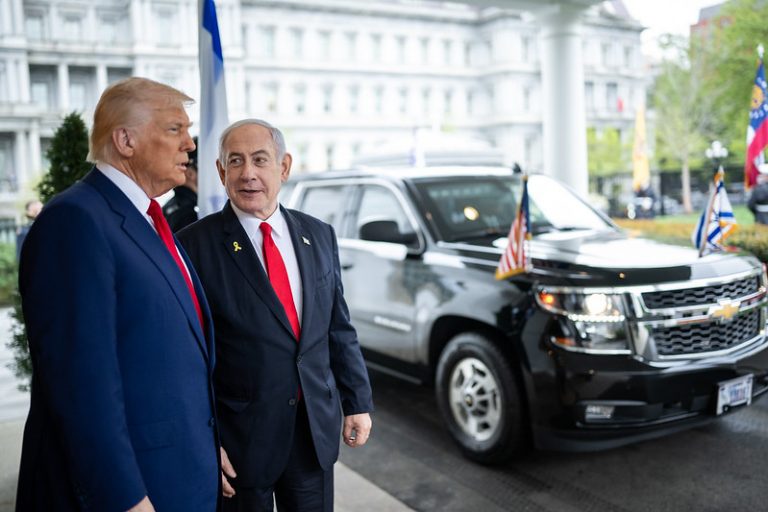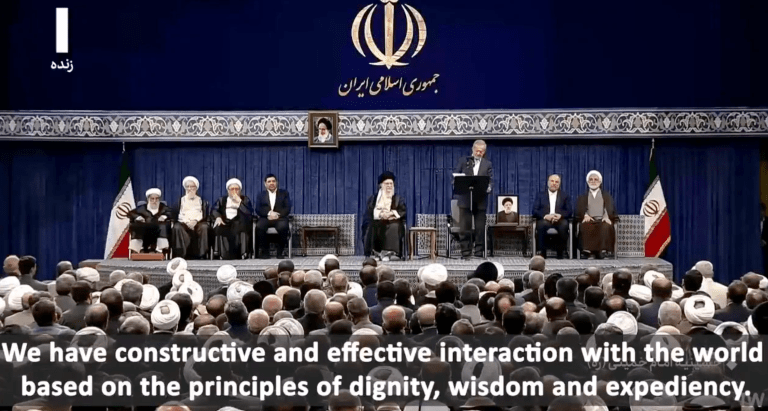Iran Will ‘Never Seek To Build A Nuclear Bomb,’ Declares President
While addressing the 80th annual session of the UN General Assembly on Wednesday, September 24, Iranian President Masoud Pezeshkian reiterated his country’s resolve to not seek a nuclear weapon.
Pezeshkian claimed that it is not the threat of sanctions or war but its religious conviction and the dictate of the country’s supreme leader which prevents Iran from developing nuclear bombs and any other kind of weapons of mass destruction.
He questioned the countries accusing Iran of developing a nuclear bomb while they themselves possess the “largest nuclear arsenals” and have violated the provisions of the Nuclear Non-Proliferation Treaty (NPT) through the years to make their weapons more deadly.
Pezeshkian rejected the allegations as baseless and spurious, claiming Iran’s nuclear program has always been for peaceful purposes.

